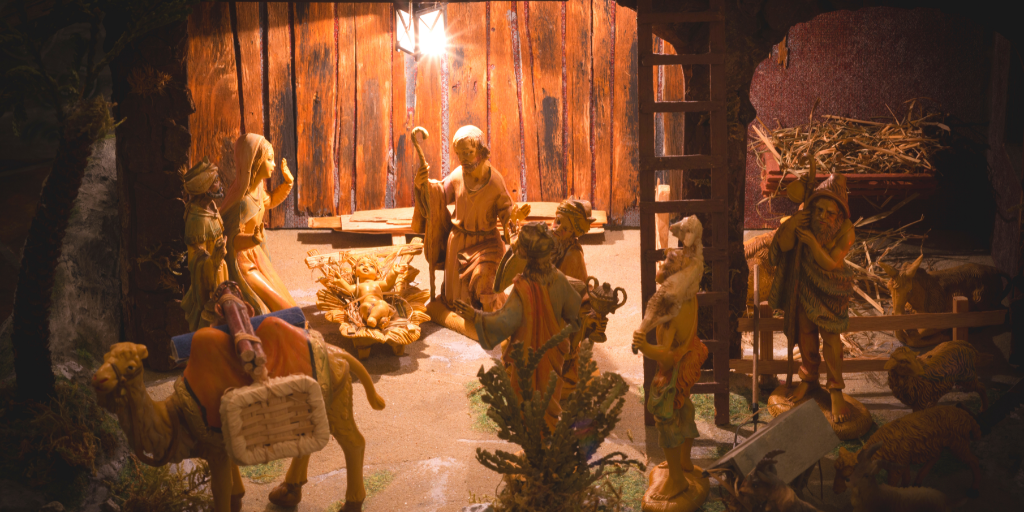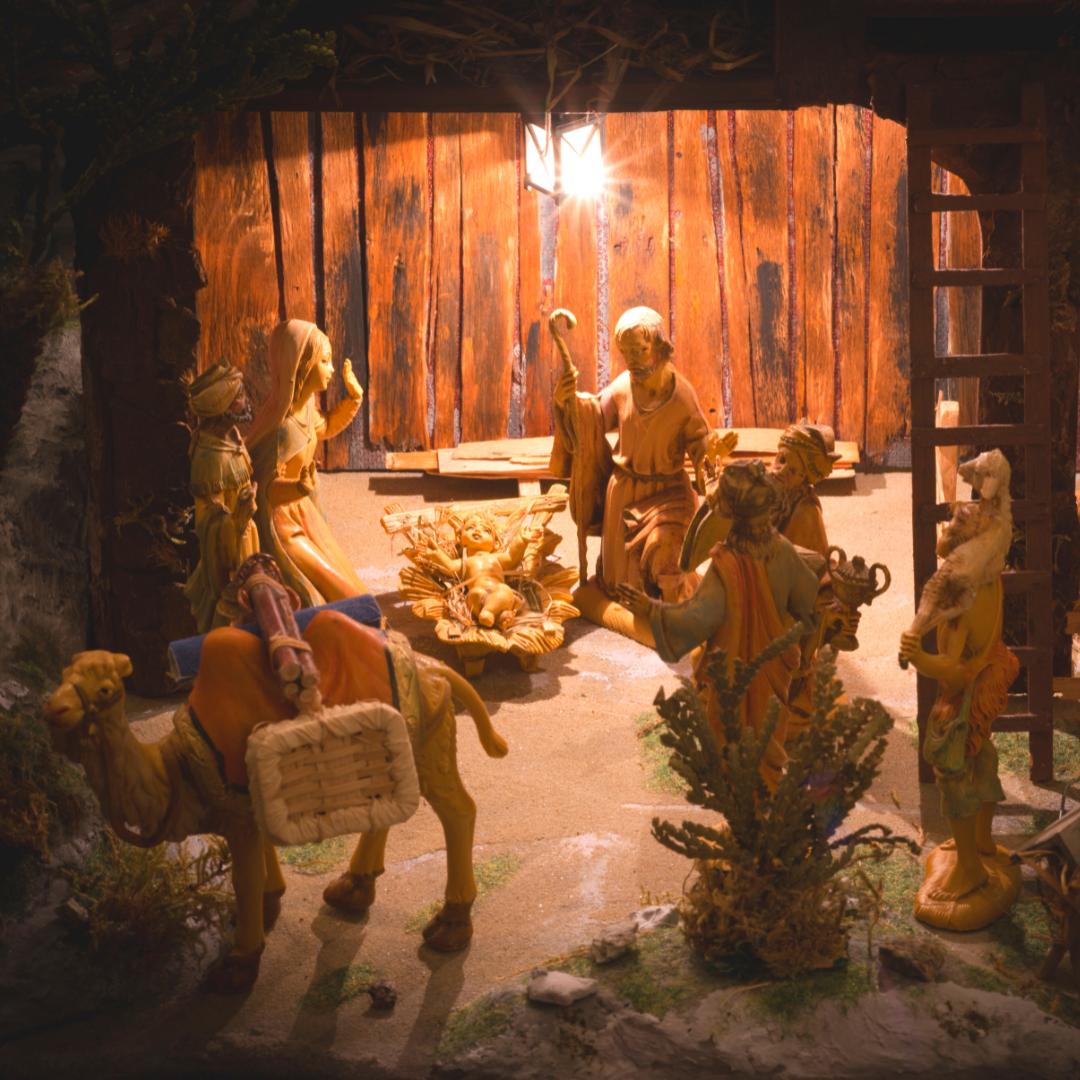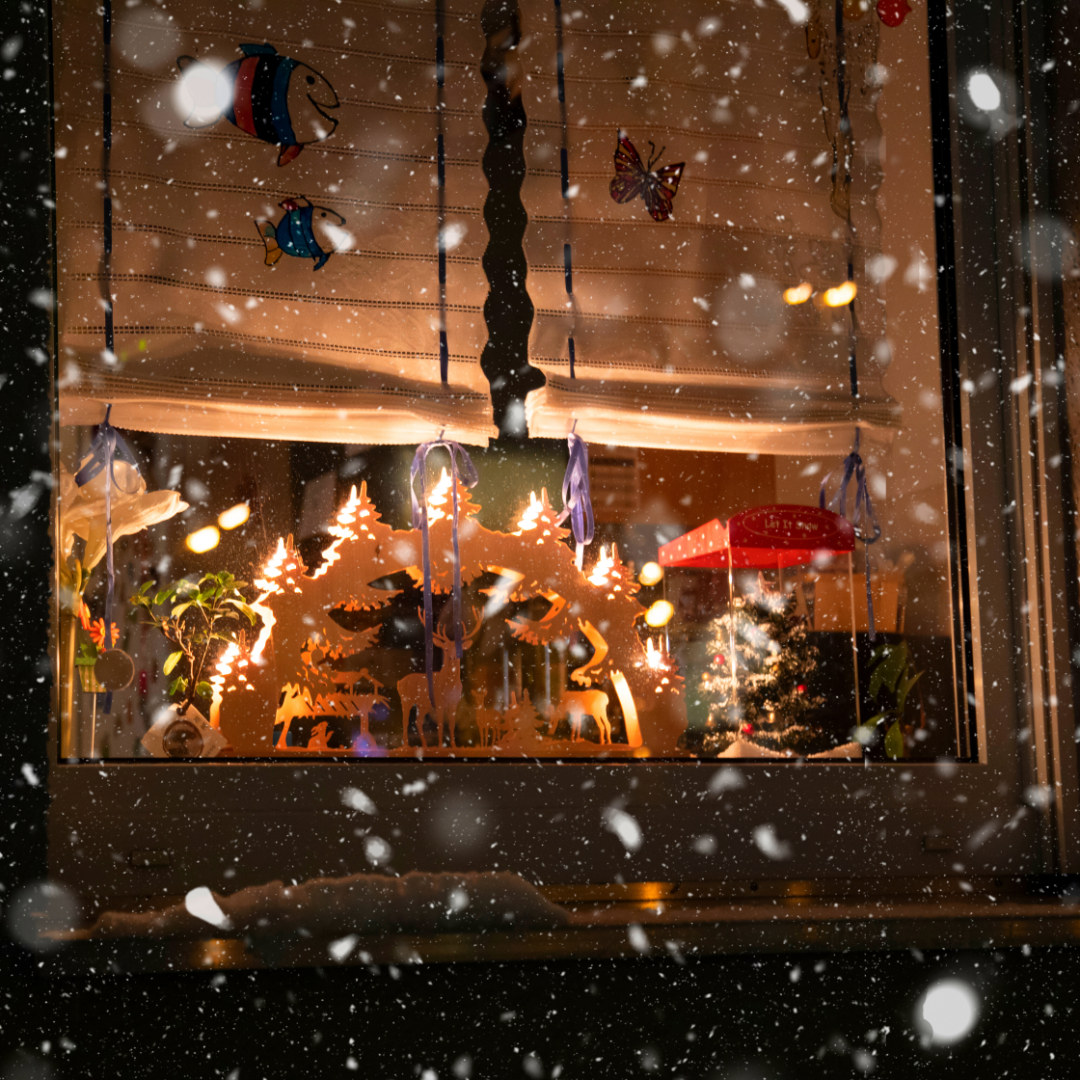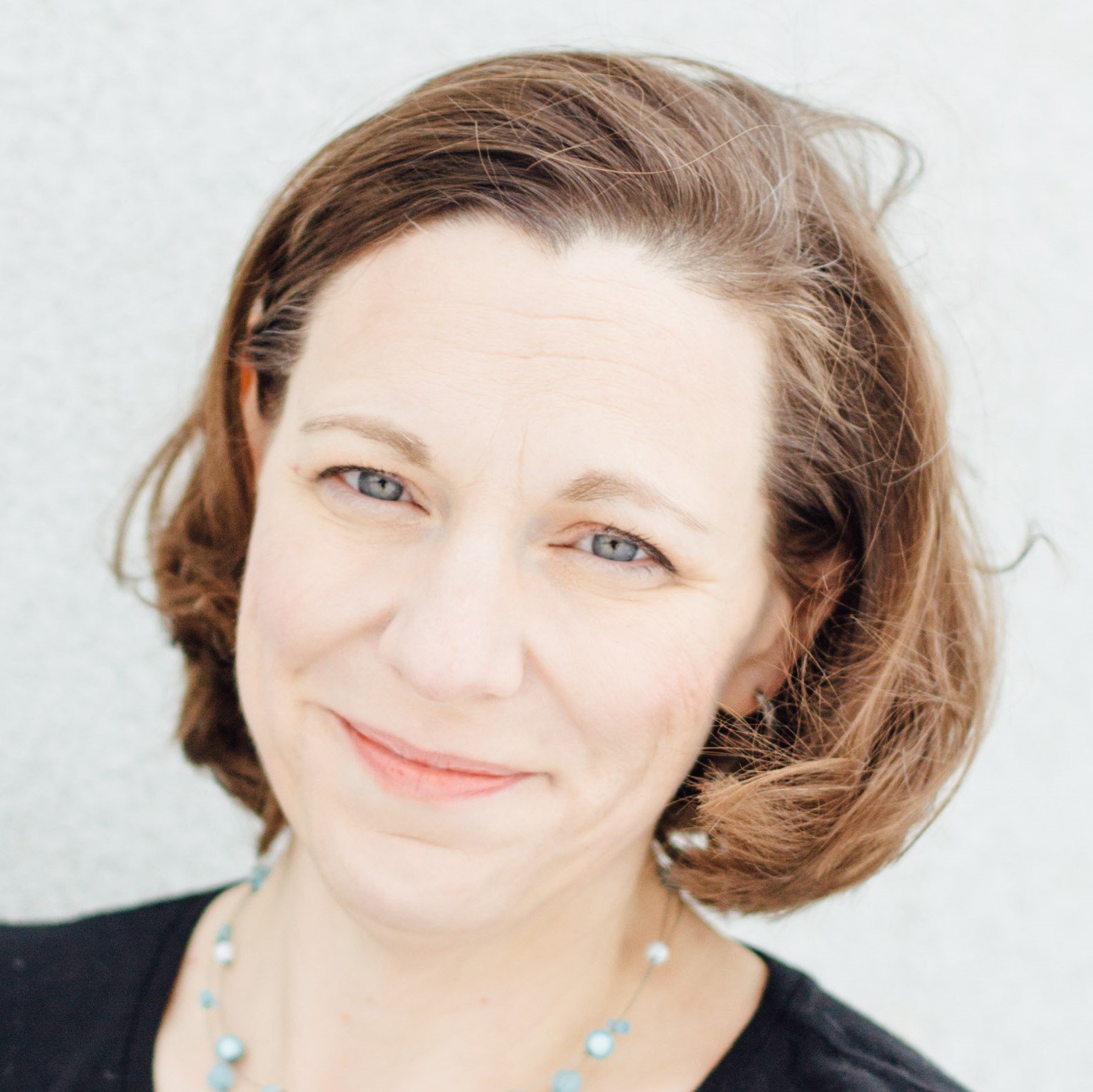
Erin McCole Cupp ponders what we can learn from the Holy Family's willingness to move far away from those who intended to harm them.
I’m not sure there’s a season of the year more fraught with emotion than Christmastide. This goes for our everyday lives, that jumbled mess of things secular and sacred, physical and emotional. This also goes for the Scriptures we read as Church in this season. In these days of light in darkness, our Mass readings share the shockingly dramatic narrative of Christ’s birth and infancy.
In days of light in darkness, Christ is born, flesh and bone. This is cause for incredible joy.
That birth, of course, happened when his earthly parents had been sent far from the place they called home. Instead, a far-removed earthly force told them, “No, this place you don’t know is your home. You’ll call ‘home’ what we say is home.”
They could have protested, rebelled, refused the summons. Perhaps they would not have been morally wrong to do so. However, they knew the Scriptures. They knew the Messiah would be born of a virgin, born in Bethlehem. They did not protest. They followed the promise of where they’d find salvation, even if it didn’t seem fair, even if it didn’t make sense.
Then when they obediently showed up as bidden, they weren’t even welcome. There was no place for them. There was no proper place in which they could welcome Christ. They were treated quite literally like animals.
There were gifts, of course. The Magi arrived, but they brought with them doom. The most powerful member of their extended family, the earthly king of their people, found their child a threat. This had to have made no instinctual sense to Mary or Joseph. Both of their personalities, we can trust, would have tended strongly towards love, nurturance, shelter, and an unflagging commitment to God’s will, no matter the cost.
Shouldn’t the families of such good people stand up for each other, protect the vulnerable, fight for each others’ God-given rights, even if it means giving up one’s earthly power for the sake of a greater reality?

Mary and Joseph may have themselves been the very image of integrity and self-gift, but as such, they were deeply attuned to the truth—and the truth is that ours is a fallen world, and what’s “supposed to” be very often simply isn’t. So when the angel returned to Joseph’s dreams, he was most likely unsurprised by the warning.
Once again, the Holy Family had to leave the place they were supposed to call “home.”
Every Christmastide that passes in my personal now, I get healthier. I leave behind more and more of the unhealthy behaviors learned in my harmful family of origin. I become ever more attuned to the truth. Sometimes the truth is that the people who are “supposed to” love us have patterns of hurting us and, in hurting us, hurting our children.
Every Christmastide, I distance myself a little more from those patterns, which means I distance myself a little more from those people who do not break those patterns. Those patterns aren’t mine to break any more than the patterns of Rome and Herod were for Mary and Joseph to break.

Sometimes attuning to the truth can be very, very lonely. We look in others’ windows and see caring families gathered together, images of love living in relationship in the here and now. We look around ourselves and see something very different, something that looks like less than.
It is in those moment when the best consolation is the truth to which we are stiving to attune ourselves:
Home is wherever we keep Christ. Sometimes Jesus sends us places we’re not “supposed to” go. Our best hope is to trust Him to make that new place home, at Christmas and beyond, through that jumble of both the secular and the sacred.
Copyright 2022 Erin McCole Cupp
Images: Canva
About the Author

Erin McCole Cupp
Erin McCole Cupp, CTRC, is grateful to be recovering from compulsive overeating, binge eating behaviors, and developmental and betrayal trauma. As a Certified Trauma Recovery Coach™, she coaches, writes and teaches about trauma and addiction recovery from a Catholic perspective. Take her quiz, “What kind of stress eater are you?” at ErinMcColeCupp.com.


.png?width=1806&height=731&name=CatholicMom_hcfm_logo1_pos_871c_2728c%20(002).png)
Comments